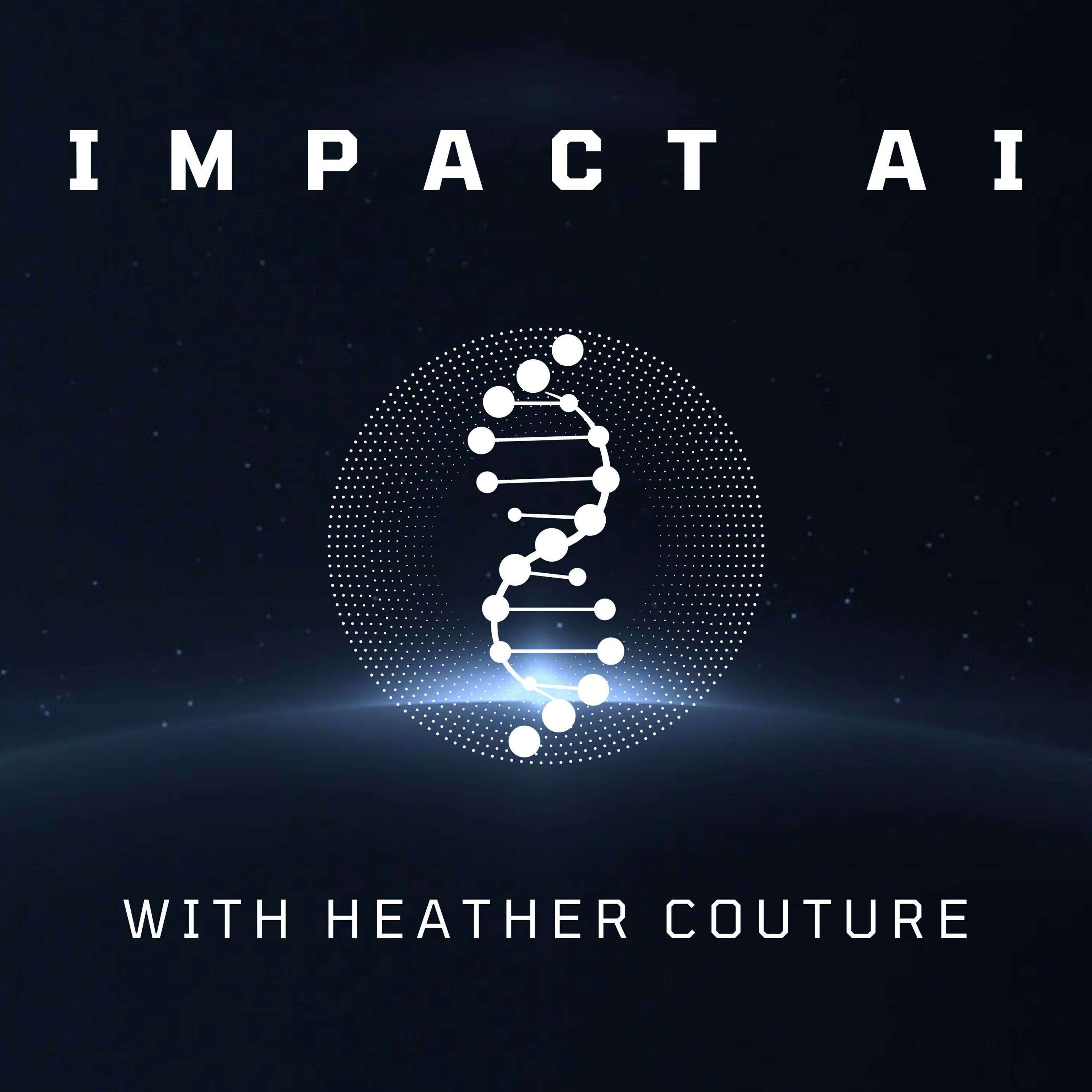Data-driven pathology with Coleman Stavish and Julianna Ianni from Proscia
In this episode, I talk with Coleman Stavish and Julianna Ianni from Proscia about data-driven pathology. Coleman is the co-founder and CTO of Proscia and Julianna is the VP of AI Research & Development. We discussed the importance of quality control systems in an ML pipeline, model generalizability, and how the regulatory process affects ML development.
Quotes:
“Better accuracy in diagnosis means less overdiagnosis and less under diagnosis, which typically leads to better patient outcomes and quality of life.”
“Pathology is crucial in the drug development pipeline. It's helping pharmaceutical companies develop new treatments while assessing their safety and efficacy.”
“You'll often find slides that have been annotated with pen ink. That's something that can be quite common to do in some settings and that, if you're trying to train a diagnostic model, can really bias the model.”
“One of the heaviest impacts to development for us, just to give you an example, has been areas where we find a great level of disagreement in the ground truth data. So that will come out when you test, and we have to account for that disagreement during development.”
“It also requires thinking through, not just how are we going to validate, but then how are we going to keep tabs on the different deployments and ensure that we're not seeing performance degrade as maybe the data or the conditions within the laboratory change.”
“No matter how accurate or how valuable that information is that's produced by the model, if it's not actually introduced in the right way into the overall workflow, it's not going to be put into routine use.”
“Prepare to iterate. A solution that you build is probably not going to be the final destination, the final solution. And I think the fast pace of this field kind of demands some constant innovation.”
“I'd also say to heavily invest in your team. There's really nothing that replaces having good people and very skilled people working for you and building these AI products.”
“Something that we've learned ourselves is how to balance the investor pitch about AI and its potential with the near and immediate term. Smaller successes that build you a road to that more ambitious future.”
“They could have the ability to diagnose cases remotely without having and maybe assisting patients who are in far flung areas of the world that may not have access to subspecialty pathologist expertise.”
“Maybe it means someone gets the right diagnosis a little bit faster in aggregate. I think that could have a really big impact.”
Links:Proscia

